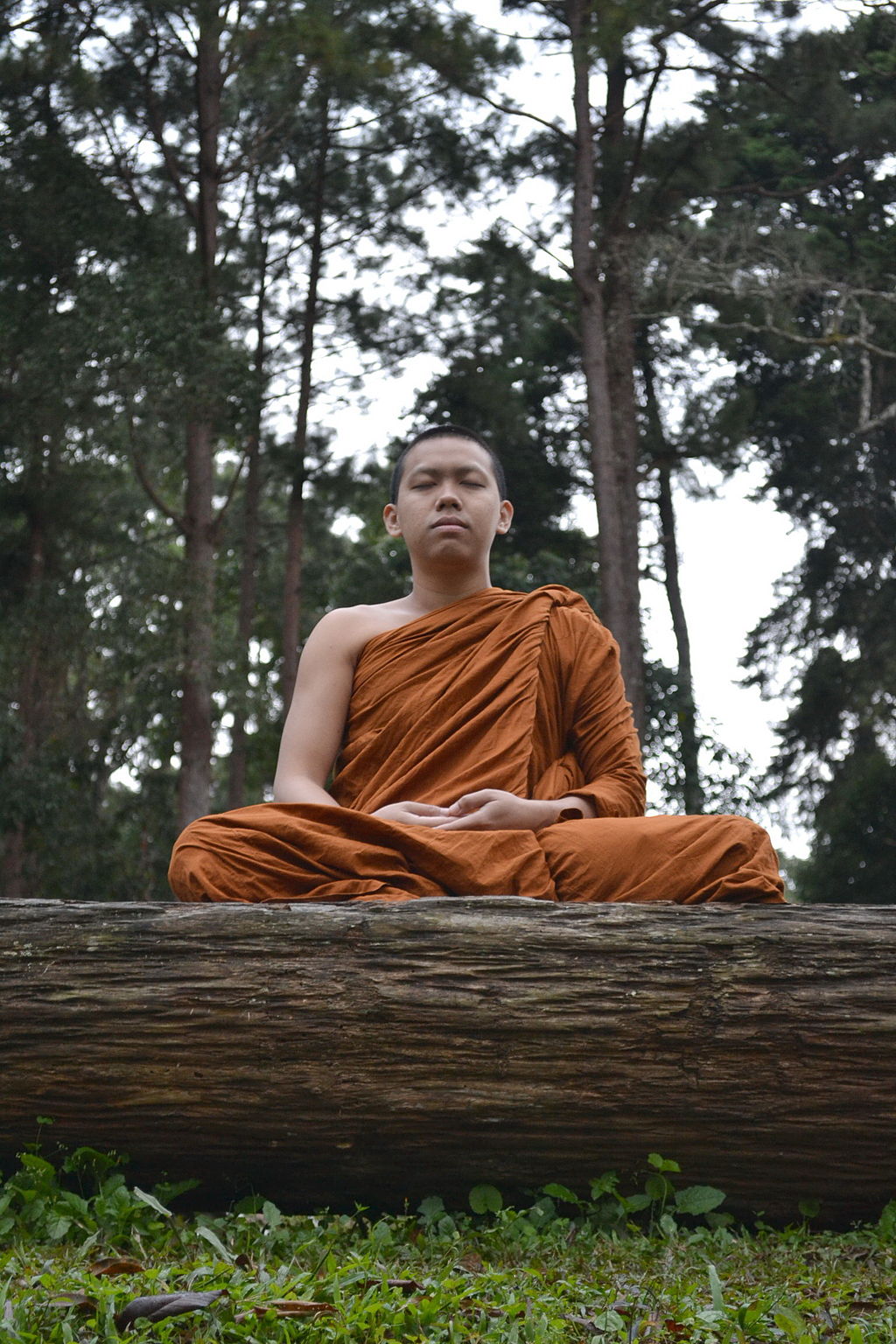Jung’s psychology and Buddhist meditation are often seen as separate approaches. One is in analysis or one meditates.The goal of each seems to be different, individuation in one case and enlightenment in the other. While there are particular points where Jung’s thinking and that of Buddhism may not be complementary, a point of unification between the two can be found in Jung’s theory of complexes and the strategies he developed for making them conscious and working with their destructive affects. This lecture will explore both Jung’s thinking and the Anapanasati Sutra. We will consider how the meditation this sutra describes can be joined with analytical tools to form an effective and liberating practice to free one from living out complexes as fate.
The Ānāpānasmṛti Sūtra is sometimes referred to as The Sutra on the Full Awareness of Breathing. Because it carries no cultural baggage, it provides an excellent vehicle to free one from intense affects generated by complexes. It may even lead to a transformation in the complexes themselves. The lecture will be followed by an experience of this practice and a consideration of some approaches to integrate these powerful contemplations with the analytical practices of Jung’s psychology.
Michele O’Brien, Ph.D.,is a Jungian Analyst in private practice in Santa Monica. She is on faculty at the C.G. Jung Institute of Los Angeles and the University of Philosophical Research. Dr. O’Brien’s particular interests are the religious function of the psyche, individuation, and the confluence of Jung’s psychology and Eastern systems of thought.

